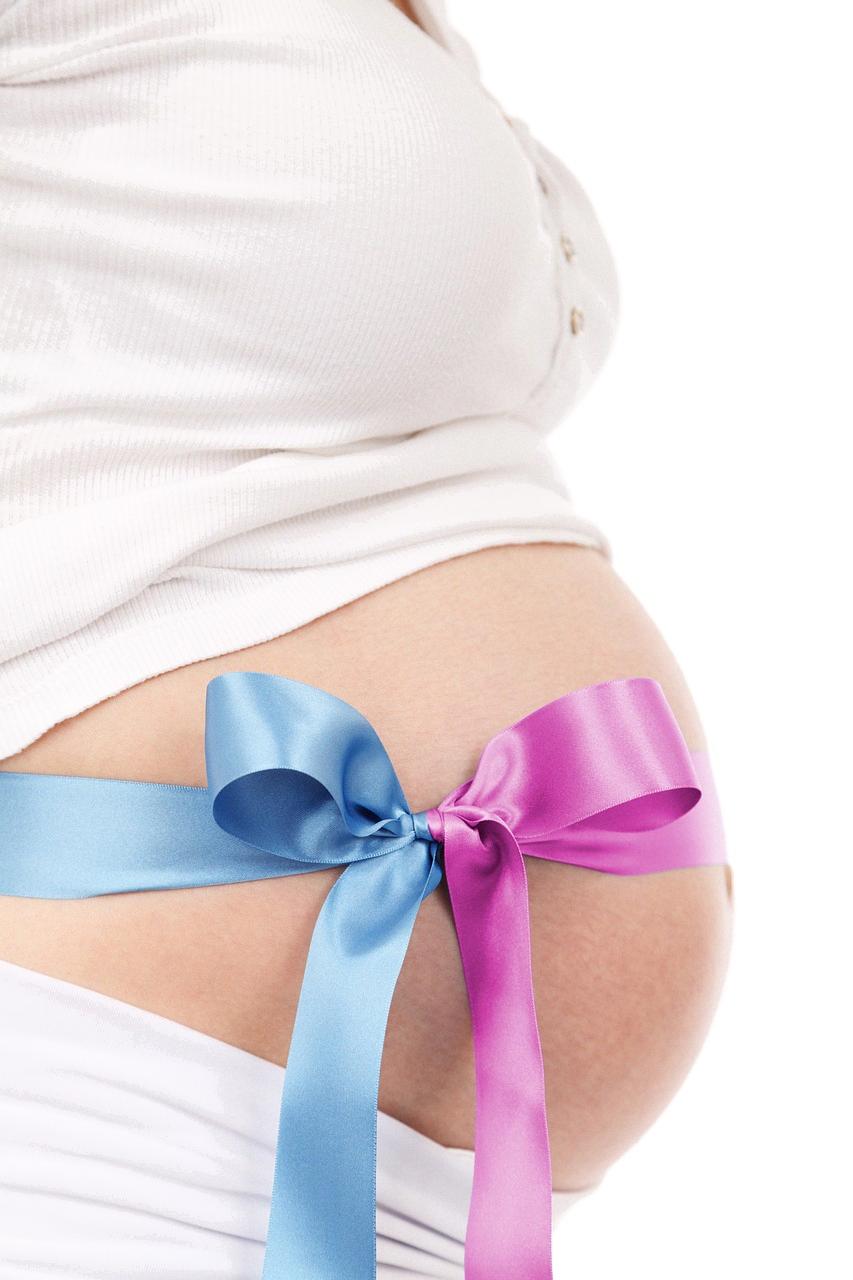When it comes to caffeine content, understanding the precise amount in matcha tea is crucial for those looking to manage their caffeine intake effectively. Matcha, a type of powdered green tea with origins in Japan, is renowned for its distinct flavor and numerous health benefits. However, the question often arises: How much caffeine does matcha have exactly?
According to research and studies, matcha typically contains 19-44 milligrams of caffeine per gram. This means that a standard serving size of matcha, which is around 2-4 grams (equivalent to half to one teaspoon), may contain anywhere from 38-176 milligrams of caffeine. The exact caffeine content can vary based on factors such as the quality of the tea leaves and the brewing method used (1).
The Impact of Caffeine on the Body
Caffeine, a natural stimulant found in various beverages including tea, coffee, and energy drinks, can have both positive and negative effects on the body. While moderate caffeine consumption is generally considered safe for most individuals, it is essential to be aware of how much caffeine you are consuming, especially if you are sensitive to its effects.
Some people enjoy the energizing boost that caffeine provides, helping them stay alert and focused throughout the day. However, excessive caffeine intake can lead to side effects such as jitteriness, insomnia, and increased heart rate. It is important to find the right balance that works for your body and overall well-being.
Matching your Matcha Consumption to Your Lifestyle
For matcha enthusiasts, knowing the caffeine content in each serving can help tailor their consumption to suit their lifestyle and preferences. If you are looking for a mild pick-me-up, opting for a smaller serving of matcha may be ideal to enjoy its benefits without experiencing the full effects of caffeine.
On the other hand, if you need a more significant energy boost to kickstart your day, a slightly larger serving of matcha could provide the desired stimulation. Remember that individual tolerance to caffeine varies, so it’s essential to listen to your body and adjust your intake accordingly.
Understanding Caffeine Tolerance and Sensitivity
It’s worth noting that some people have a higher tolerance to caffeine, meaning they can consume larger amounts without experiencing adverse effects. Others, however, may be more sensitive to caffeine and may need to limit their intake to avoid feeling jittery or anxious.
If you are unsure about your caffeine tolerance level, it may be helpful to start with a smaller serving of matcha and gradually increase it to gauge how your body responds. Being mindful of your caffeine consumption can help you enjoy matcha tea responsibly while reaping its potential health benefits.
Choosing Quality Matcha for Optimal Enjoyment
When selecting matcha tea, opt for high-quality varieties that are sourced from reputable sources. Premium matcha is often more flavorful and vibrant in color, indicating a higher concentration of beneficial compounds, including caffeine.
Look for matcha that is shade-grown and stone-ground to preserve its delicate flavor profile and nutrient content. By choosing quality matcha, you can elevate your tea-drinking experience and savor the unique taste and aroma that matcha is known for.

